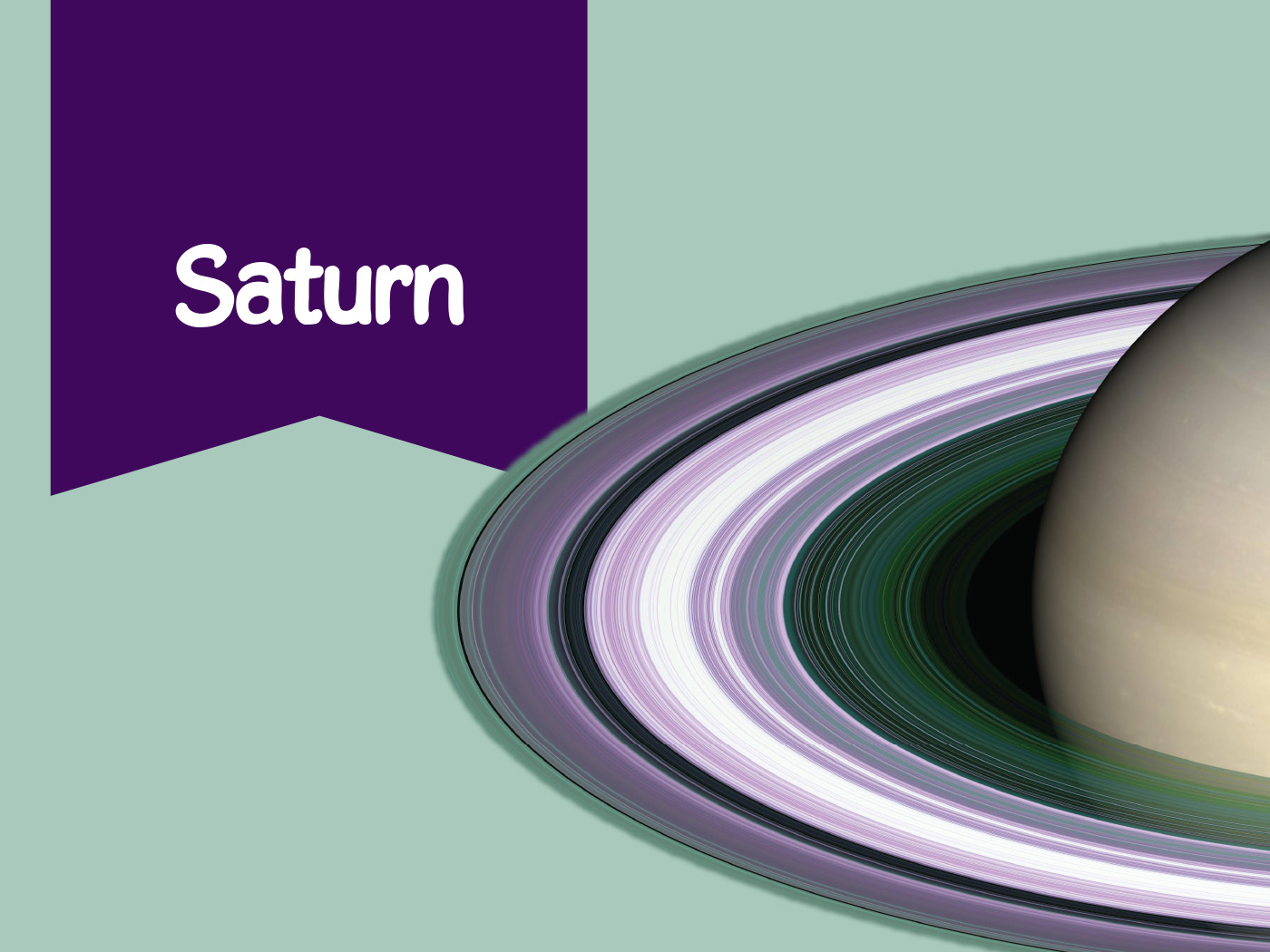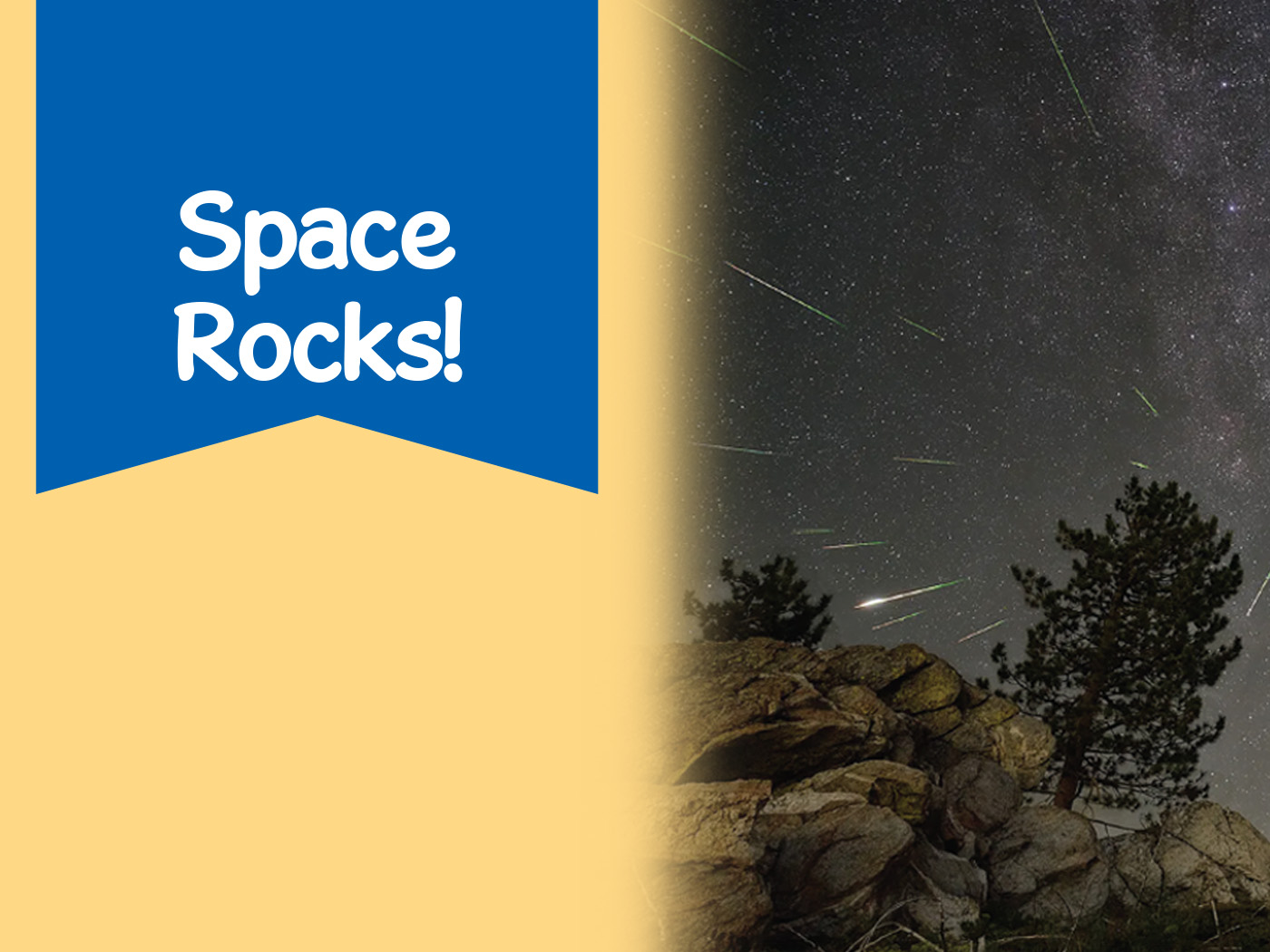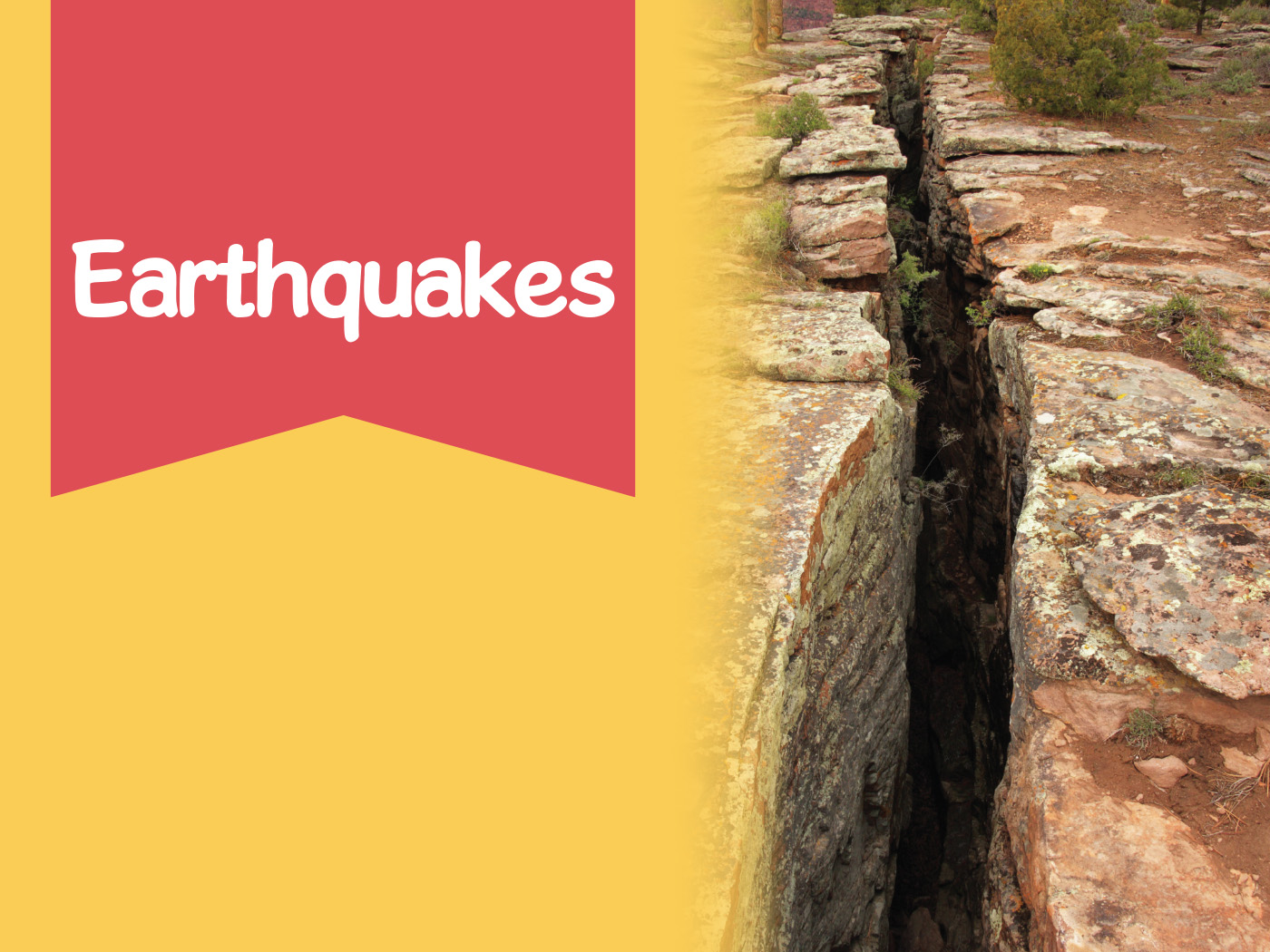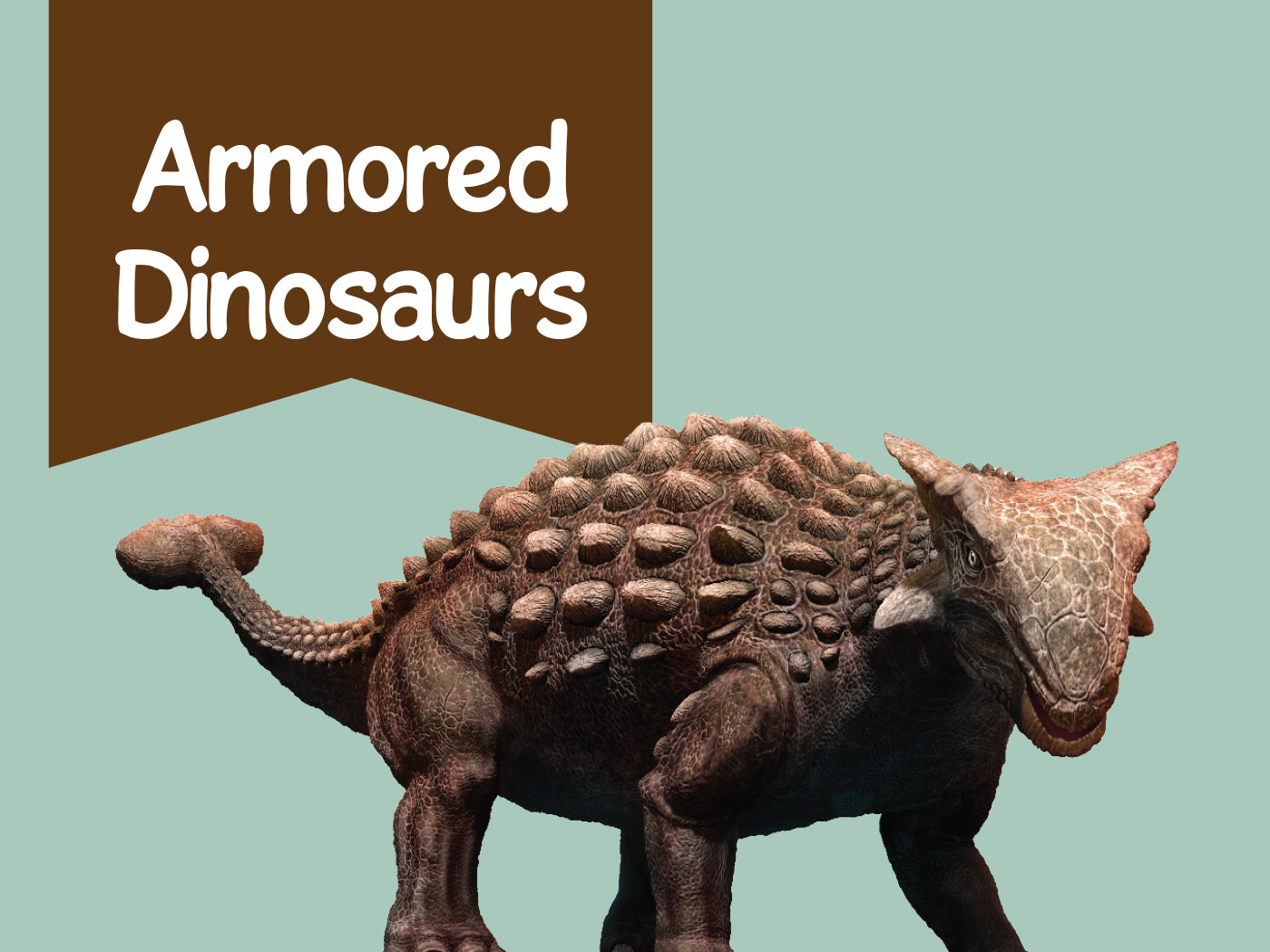Big Bang scientists recently used a new method to estimate the universe’s age. This method yields an age estimate that could be over two billion years younger than their current age estimate of 13.8 billion years.1,2 However, this new method has large uncertainties, so not too much can be made of this result. It’s mainly of interest because it reminds us how Big Bang age estimates often contradict one another.
Most astronomers interpret clues within light from distant galaxies as evidence the universe is expanding. They indicate the inferred expansion rate with a number called the Hubble constant, denoted by the symbol H0. Since Big Bang scientists assume this expansion can be run backward to the alleged Big Bang itself, they think H0 is related to the age of the universe. In their view, a higher value of H0 means a more rapidly expanding universe that would have taken less time to reach its present size.3 So, a relatively high value of H0 is thought to indicate a younger universe. Likewise, a lower value of H0 is thought to imply a slower expansion rate and an older universe. This new method yielded a higher value of the Hubble constant than other methods, implying (by Big Bang reasoning) the universe is younger than previously thought.
Big Bang scientists also estimate H0 by examining details of the faint microwave radiation coming to us from all directions in space—the cosmic microwave background (CMB) radiation. They interpret this to be an “afterglow” from a time about 400,000 years after the Big Bang.
However, the estimate of H0 coming from the Big Bang interpretation of the CMB contradicts the estimate of H0 obtained by more direct means.4 Such a contradiction is to be expected if Big Bang scientists are misinterpreting the CMB data.
Despite media hype that these are “precision” age estimates, they are extremely speculative, with large uncertainties. Interestingly, the estimated age of the universe has “evolved” considerably over time. Edwin Hubble’s original estimate of H0 implied a universe that was just two billion years old.5 This age rose to 3.6 billion years, and then to more than five billion in the 1950s and 1960s.6 Astronomer Allan Sandage estimated an age of about 13 billion years in 1958, but with very large error bars.7 In 1996, a Christian astronomer and Big Bang advocate insisted life could only exist in a precisely 16-billion year-old universe.8 Big Bang scientists are now claiming the universe is 13.8 billion years old.
In spite of the problems with the Big Bang model, these age estimates are based on the assumption that the inferred expansion can be rewound backward all the way back to the Big Bang itself. Not surprisingly, they have varied greatly, even within just the last seventy years. Furthermore, the scientists who discuss these estimates usually overlook observations that better fit the Bible’s timeline.9,10
The best way to date something is by reliable eyewitness testimony. Even the knowledge of our own individual ages is based on the testimony of those present when we were born. What’s true for the birth of a child is also true for the universe itself. God Himself, who never makes mistakes and who never lies, is the ultimate reliable eyewitness. He told us that He created the universe by the power of His spoken word: “For He spoke, and it was done: He commanded, and it stood fast” (Psalm 33:9). And the chronological information in His written Word makes it clear that this Creation was in the recent past, about 6,000 years ago.
References
1. Borenstein, S. Study finds the universe might be 2 billion years younger. Phys.org. Posted at phys.org September 12, 2019, accessed September 19, 2019.
2. Jee, I. et al. 2019. A measurement of the Hubble constant from angular diameter distances to two gravitational lenses. Science. 365 (6458): 1134-1138.
3. Since Big Bang scientists think that the expansion rate has varied over time, they must take this into account in their calculations, but this general reasoning still holds.
4. Hebert, J. 2019. Big Bang Hubble Contradiction Confirmed. Creation Science Update. Posted on ICR.org May 16, 2019, accessed September 19, 2019.
5. Edwin Hubble & the Expanding Universe. Australia Telescope National Facility. Posted at atnf.csiro.au, accessed September 19, 2019.
6. Gribben, J. 2001. The Birth of Time: How Astronomers Measured the Age of the Universe. New Haven, CT and London: Yale University Press. 154.
7. Sandage, A. 1958. Current Problems in the Extragalactic Distance Scale. The Astrophysical Journal. 127(3): 513.
8. Ross, H. Taped chapel service at Dallas Theological Seminary. September 13, 1996. Quote provided by Dr. Terry Mortensen of Answers in Genesis. See also Ham, K. What’s Wrong with “Progressive Creation?” Answers in Genesis. Posted August 2, 1999 at answersingenesis.org, accessed September 19, 2019.
9. Hebert, J. 2018. Our Young Solar System. Acts & Facts. 47 (9): 10-13.
10. Hebert, J. 2019. Deep-Space Objects are Young. Acts & Facts. 48 (9): 10-13.
Dr. Hebert is Research Associate at the Institute for Creation Research and earned his Ph.D. in physics from the University of Texas at Dallas.
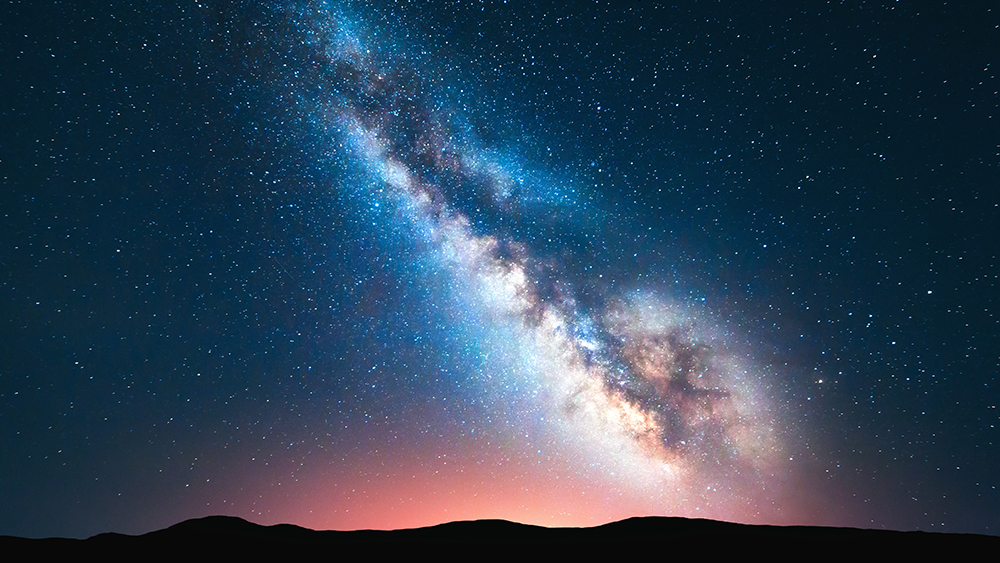
New Estimate: Universe Two Billion Years Younger
The Latest
Happy Thanksgiving!
All of God’s children must overcome the temptation to allow God’s sovereign provision of our needs to be overshadowed by the pleasure of...
Kids Edition 2024: Language
Hi, kids! We created a special Acts & Facts just for you! Have fun doing the activities while learning about the wonderful world God...
Kids Edition 2024: Saturn
Hi, kids! We created a special Acts & Facts just for you! Have fun doing the activities while learning about the wonderful world God...
Kids Edition 2024: Space Rocks!
Hi, kids! We created a special Acts & Facts just for you! Have fun doing the activities while learning about the wonderful world God...
Kids Edition 2024: Caves
Hi, kids! We created a special Acts & Facts just for you! Have fun doing the activities while learning about the wonderful world God...
Kids Edition 2024: Earthquakes
Hi, kids! We created a special Acts & Facts just for you! Have fun doing the activities while learning about the wonderful world God...
Kids Edition 2024: Carnivorous Plants
Hi, kids! We created a special Acts & Facts just for you! Have fun doing the activities while learning about the wonderful world God...
Kids Edition 2024: Armored Dinosaurs
Hi, kids! We created a special Acts & Facts just for you! Have fun doing the activities while learning about the wonderful world God...
Kids Edition 2024: Turtles & Tortoises
Hi, kids! We created a special Acts & Facts just for you! Have fun doing the activities while learning about the wonderful world God...
Kids Edition 2024: Lemurs
Hi, kids! We created a special Acts & Facts just for you! Have fun doing the activities while learning about the wonderful world God...






